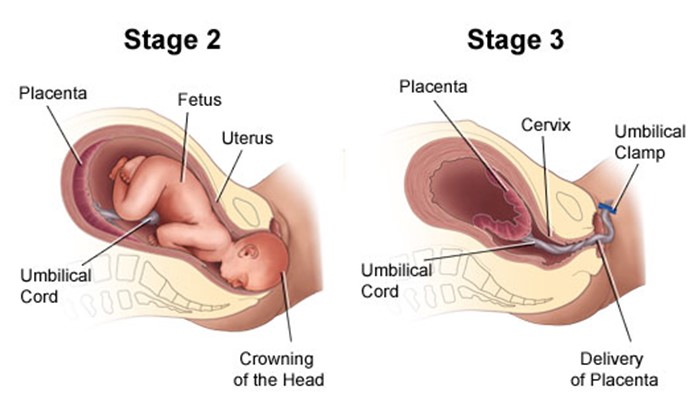A client with pancreatitis complains of severe epigastric pain, so the nurse administers a prescribed narcotic analgesic. Ten minutes later, the client insists on sitting up and leaning forward. Which intervention should the nurse implement?
Encourage rest until the analgesic becomes effective.
Raise head of bed until at a 90 degree angle.
Place bed in a reverse Trendelenburg position.
Position bedside table so the client can lean across it.
The Correct Answer is D
Choice A: Encourage rest until the analgesic becomes effective. This is not the best intervention, as it does not address the client's preference or comfort level. The analgesic may take some time to relieve the pain, and forcing the client to lie down may increase the pressure on the pancreas and worsen the pain.
Choice B: Raise head of bed until at a 90 degree angle. This is not the best intervention, as it does not address the client's preference or comfort level. Raising the head of bed may help reduce abdominal distension and improve breathing, but it may not relieve the pain as much as leaning forward.
Choice C: Place bed in a reverse Trendelenburg position. This is not the best intervention, as it does not address the client's preference or comfort level. Placing the bed in a reverse Trendelenburg position may help shift the abdominal organs away from the pancreas and reduce inflammation, but it may not relieve the pain as much as leaning forward.
Choice D: Position bedside table so the client can lean across it. This is the best intervention, as it addresses the client's preference and comfort level. Leaning forward may help decrease the tension on the pancreas and relieve the pain. The bedside table can provide support and stability for the client while sitting up.
Nursing Test Bank
Naxlex Comprehensive Predictor Exams
Related Questions
Correct Answer is D
Explanation
Choice A reason: Marking an outline of the "olive-shaped" mass in the right epigastric area is not a priority nursing action. The mass is caused by hypertrophy of the pyloric sphincter, which obstructs gastric emptying and causes projectile vomiting. The mass may not be palpable in all cases.
Choice B reason: Instructing parents regarding care of the incisional area is a post-operative nursing action, not a pre-operative one. The parents will need to learn how to keep the incision clean and dry, monitor for signs of infection, and administer pain medication as prescribed.
Choice C reason: Monitoring amount of intake and infant's response to feedings is important, but not the highest priority. The infant may have difficulty feeding due to nausea, vomiting, and abdominal pain.
Correct Answer is C
Explanation
Choice A reason: Providing pain medication to increase the client's tolerance of labor pains is not a specific intervention for the second stage of labor. Pain medication is a drug that relieves pain by blocking pain signals or reducing inflammation. Pain medication can be given during any stage of labor, depending on the client's preference and condition. However, pain medication may have side effects such as sedation, nausea, or respiratory depression, and may affect the fetal heart rate or the progress of labor.
Choice B reason: Assessing the fetal heart rate and pattern for signs of fetal distress is not a particular intervention for the second stage of labor. Fetal heart rate and pattern are indicators of fetal well-being and oxygenation. Fetal heart rate and pattern should be monitored throughout labor, especially during contractions, to detect any abnormalities or complications such as bradycardia, tachycardia, or decelerations.
Choice D reason: Monitoring effects of oxytocin administration to help achieve cervical dilation is not a relevant intervention for the second stage of labor. Oxytocin is a hormone that stimulates uterine contractions and cervical dilation. Oxytocin can be administered during labor to augment or induce labor, especially if there is prolonged or dysfunctional labor. However, oxytocin is not needed in the second stage of labor, when the cervix is already fully dilated and the focus is on pushing and delivering the baby.

Whether you are a student looking to ace your exams or a practicing nurse seeking to enhance your expertise , our nursing education contents will empower you with the confidence and competence to make a difference in the lives of patients and become a respected leader in the healthcare field.
Visit Naxlex, invest in your future and unlock endless possibilities with our unparalleled nursing education contents today
Report Wrong Answer on the Current Question
Do you disagree with the answer? If yes, what is your expected answer? Explain.
Kindly be descriptive with the issue you are facing.
